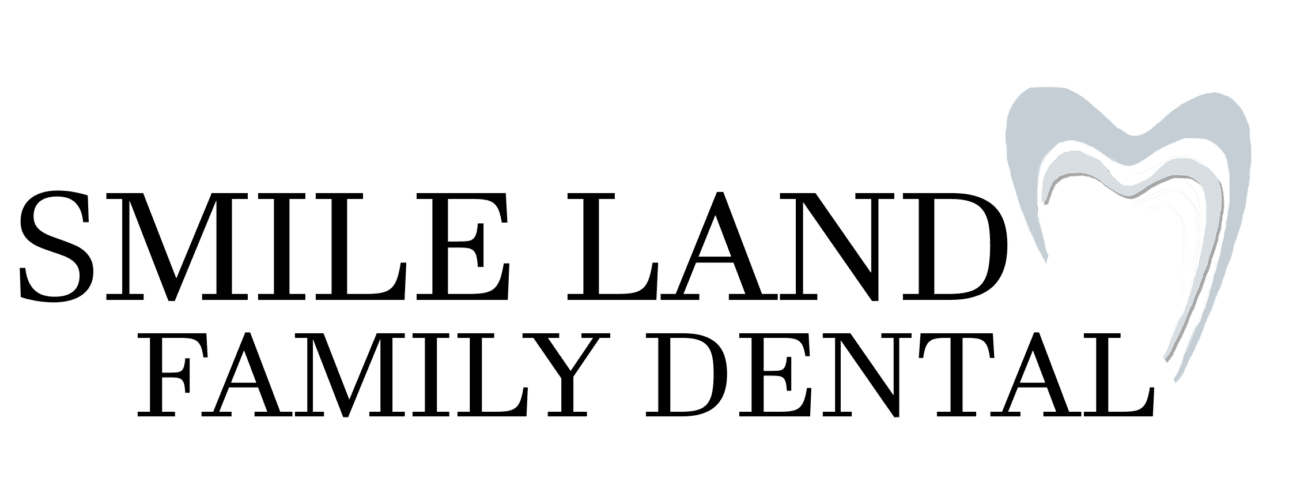Family dentistry is a specialized field of general dental care that addresses the oral health needs of patients at every stage of life. Smile Land Family Dental offers comprehensive services for individuals of all ages, from toddlers to seniors, in San Antonio, TX.
Dr. Bassam Abazid and our team focus on preventative care, ensuring that your family’s smiles remain healthy as they grow and change. Convenience is a key benefit, allowing you to schedule appointments for the entire household in one location.
- Call our office or book online to join our dental family.

What Is Age-Specific Dental Care?
Age-specific dentistry involves tailoring treatments to the unique developmental and biological needs of each family member. Our approach ensures that a toddler receiving their first exam gets the same level of personalized attention as a senior managing denture care.
Care for Infants and Toddlers
Oral health starts before the first tooth even erupts. Family dentists guide parents on cleaning gums and managing teething discomfort. The first visit should occur by age one to check for early signs of decay and establish a “dental home” where the child feels safe.
Care for Children and Teens
As children grow, their dental needs shift toward preventing cavities and monitoring orthodontic development. Treatments often include:
-
Dental Sealants: Protective coatings for molars to block bacteria.
-
Fluoride Treatments: Strengthening enamel against acid attacks.
-
Orthodontic Referrals: Monitoring bite alignment for braces or aligners.
-
Habit Counseling: Addressing thumb-sucking or nail-biting.
Adult Dental Care
Adult dentistry balances prevention with restorative needs. Routine exams catch gum disease and cavities early, while cosmetic options like whitening or veneers boost confidence. Restorative treatments such as fillings, crowns, and root canals repair damage caused by wear or decay over time.
Specialized Care for Seniors
Senior dental care focuses on managing age-related changes like dry mouth (xerostomia), gum recession, and tooth loss. Our team provides denture adjustments and oral cancer screenings to maintain the quality of life for older adults.
Why Is Preventive Care Important?
Preventive care is the cornerstone of family dentistry because it stops problems before they start. Proactive treatments save families money by avoiding expensive emergency procedures later on.
Key preventative strategies include:
-
Professional Cleanings: Removing plaque and tartar that brushing misses.
-
Education: Teaching proper brushing and flossing techniques for all ages.
-
Dietary Advice: Explaining how sugar and acidity affect enamel.
-
Regular Exams: Identifying systemic links between oral health and conditions like diabetes or heart disease.
Family Dentistry Frequently Asked Questions
Common questions from parents and patients often revolve around safety, development, and hygiene.
Are fluoride treatments safe for toddlers?
Yes, fluoride treatments are safe and highly beneficial for strengthening developing enamel. The dentist carefully applies the correct dosage to reduce cavity risk without causing fluorosis.
Do my kids really need dental sealants?
Dental sealants act like raincoats for teeth, blocking food and acid from deep grooves where 80% of cavities occur. We recommend them for children between the ages of 6 and 14 when permanent molars appear, especially if they have deep crevices.
How do I know if my teen needs wisdom teeth removal?
Wisdom teeth removal is necessary if there is pain, crowding, or infection. X-rays allow us to evaluate the position of these third molars and recommend removal before they damage neighboring teeth.
Can a family dentist treat bad breath?
Chronic bad breath (halitosis) is often treated by addressing the underlying cause, such as gum disease, cavities, or dry mouth. Professional cleaning and personalized hygiene instructions usually resolve the issue effectively.
Schedule Your Family’s Visit in San Antonio
Convenient dental care is just a phone call away. Smile Land Family Dental makes it easy to prioritize your family’s health with group appointments and compassionate service.
Contact us today to schedule a visit for yourself or your children. Call our office or book online to join our dental family.
